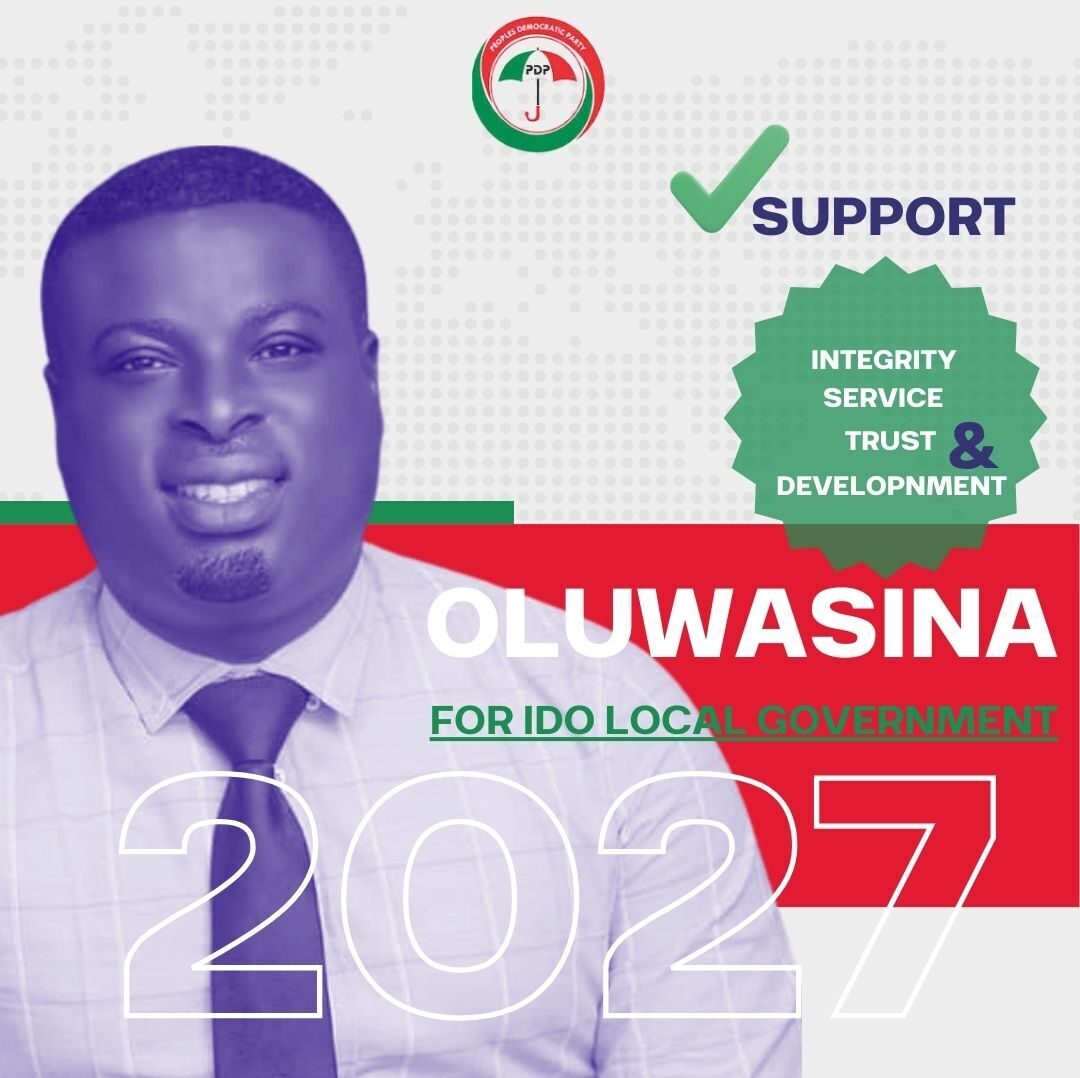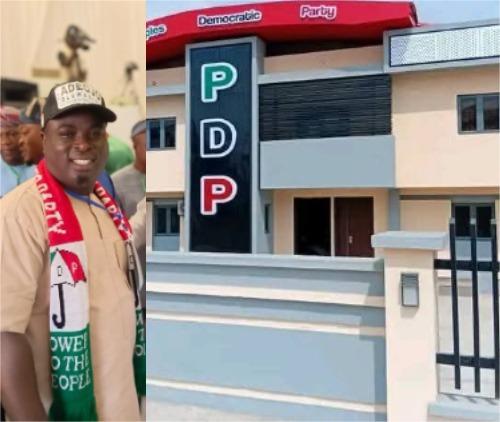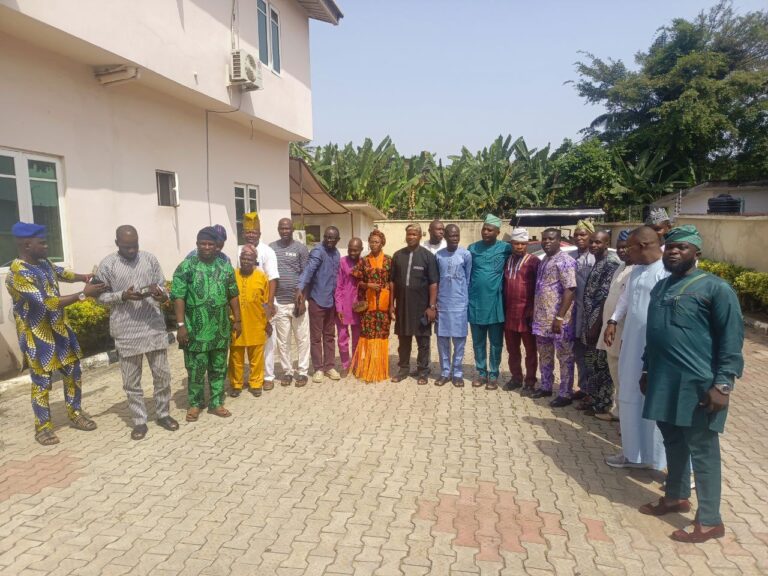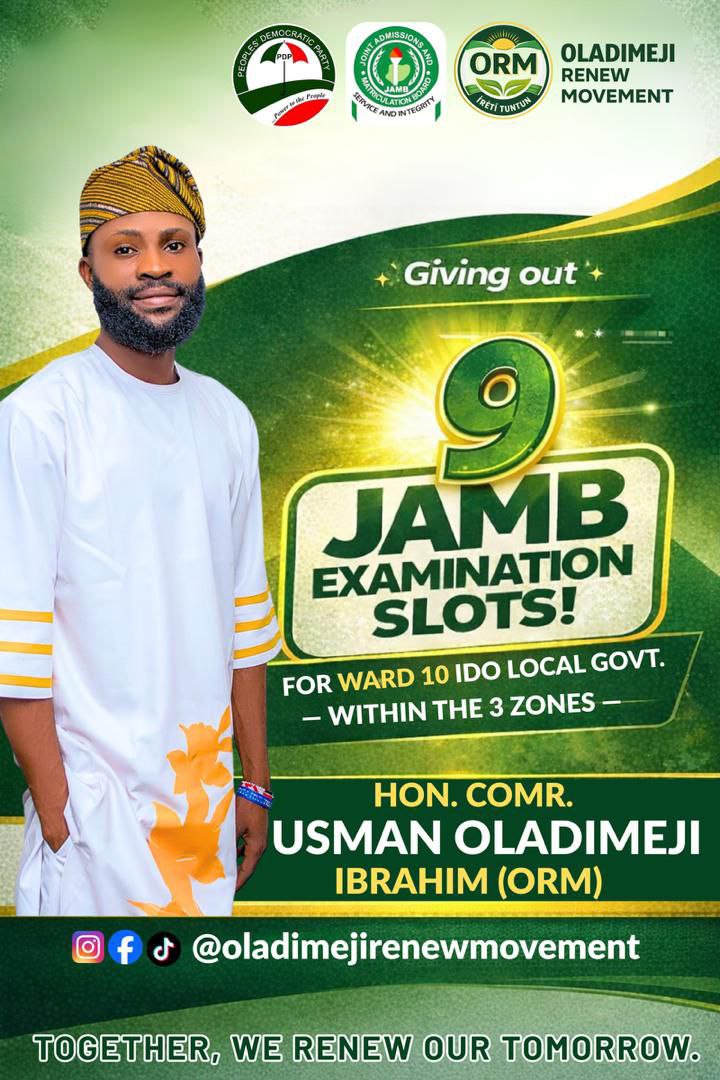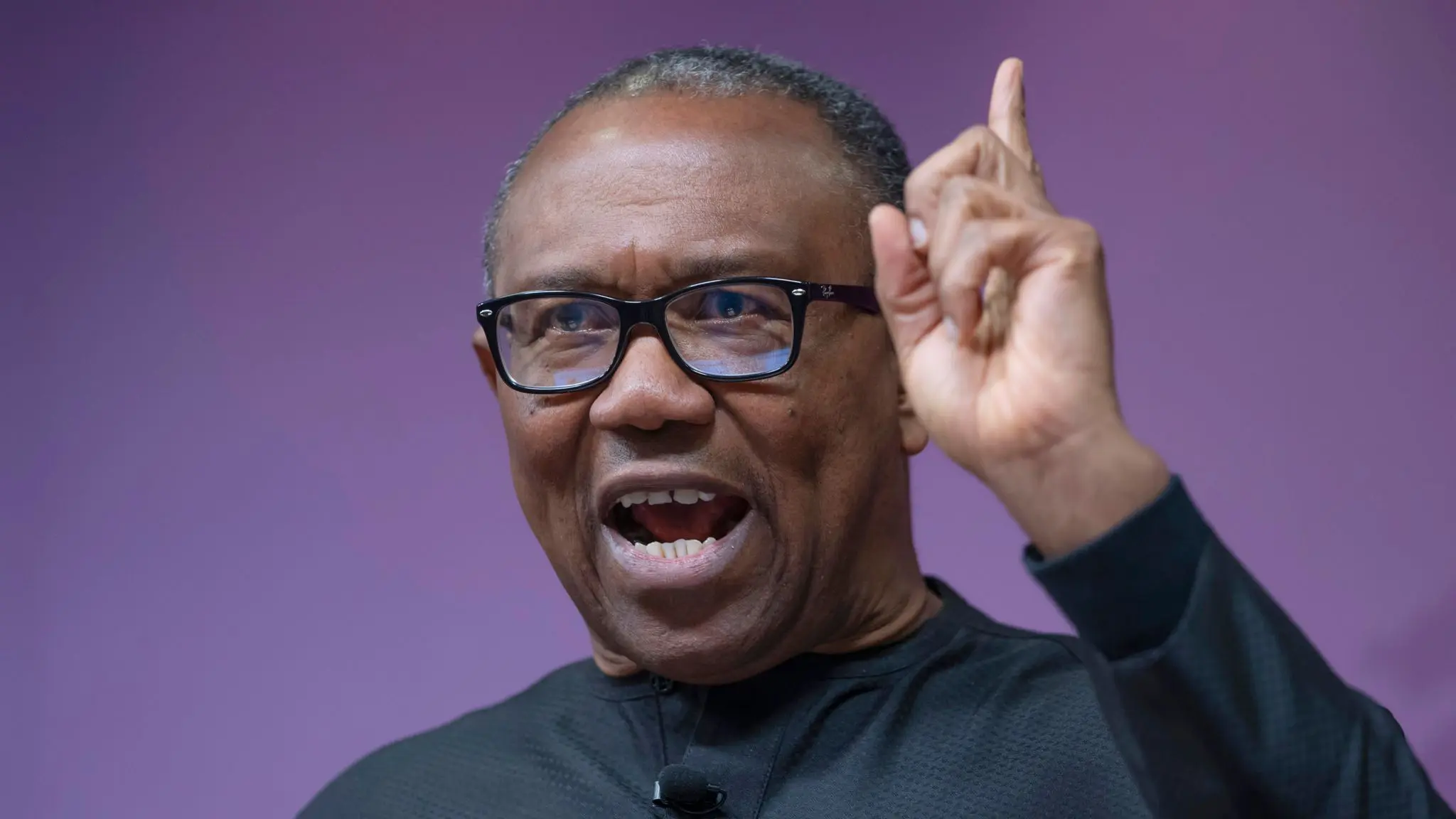
In a significant political development ahead of the 2027 general elections, former Labour Party presidential candidate, Mr. Peter Obi, has announced his full support for the African Democratic Congress (ADC) as the official platform for a newly formed coalition of opposition parties.
The coalition, which includes several prominent political figures such as former Vice President Atiku Abubakar, former Senate President David Mark, and former Osun State Governor Rauf Aregbesola, was formally unveiled on Wednesday at the Shehu Musa Yar’Adua Centre in Abuja.
Speaking via his official X handle, Peter Obi explained that the decision to adopt the ADC as the unified political vehicle was not taken lightly. He said it followed months of consultations, strategic planning, and what he described as “deep reflection” on Nigeria’s current state, marked by economic hardship, insecurity, and poor governance.
Obi stated, and I quote, “Yesterday, the coalition members formally adopted the African Democratic Congress (ADC) for the 2027 Nigeria General Elections with Distinguished Senator David Mark serving as the National Chairman and His Excellency Ogbeni Rauf Aregbesola serving as the National Secretary.”
“Our commitment is to sacrifice and work together towards the 2027 General Elections, ensuring that Nigeria gets a competent, capable, and compassionate leadership that will prioritise the nation’s future by putting the welfare of Nigerians first,” he added.
The development comes amid growing discontent with the administration of President Bola Ahmed Tinubu, whose economic reforms—including the removal of fuel subsidy and the unification of the naira exchange rate—have led to a steep rise in the cost of living, food inflation, and widespread hardship across the country.
Obi stressed that the coalition’s primary objective is to rescue Nigeria from what he called “systemic failure” and to redirect the country towards purposeful leadership that reflects the hopes and aspirations of its citizens. He described the coming together of opposition voices under one banner as a necessary and urgent step to present a strong, united front in the upcoming elections.
Highlighting the need for political collaboration, Obi said no single individual, party, or movement can transform Nigeria in isolation. He declared, “To dismantle the structures that keep our people in poverty and insecurity, we must build bridges, not walls—even when those bridges are uneasy.”
The formal unveiling of the coalition signals the beginning of what many political analysts are calling a new era in Nigeria’s opposition politics. The group’s adoption of the ADC as its platform is seen as a strategic move to avoid the internal wranglings that plagued previous multi-party efforts and to offer Nigerians a credible alternative to the ruling All Progressives Congress (APC).
At the unveiling ceremony, former Senate President David Mark was named interim National Chairman of the ADC, while former Osun State Governor and APC stalwart, Ogbeni Rauf Aregbesola, was named interim National Secretary—a move that surprised many political observers, given his former allegiance to the ruling party.
The coalition, which is expected to expand in the coming months, aims to create a broad-based political alliance with representation from across Nigeria’s six geopolitical zones. According to insiders, its membership will include political parties, civil society organisations, technocrats, young professionals, and other stakeholders interested in ushering in a new wave of governance.
Reacting to the development, supporters of Peter Obi and other opposition leaders have praised the move as a step in the right direction, while critics of the current administration say it reflects growing national dissatisfaction with President Tinubu’s leadership.
So far, the Presidency has not officially responded to the unveiling of the coalition or the adoption of the ADC, but political analysts say the move may signal the beginning of a fierce and competitive race to the 2027 polls.
As Nigeria continues to grapple with economic challenges, security concerns, and widespread youth disenchantment, the coming together of opposition leaders under a single platform may well redefine the political landscape in the months and years ahead.

